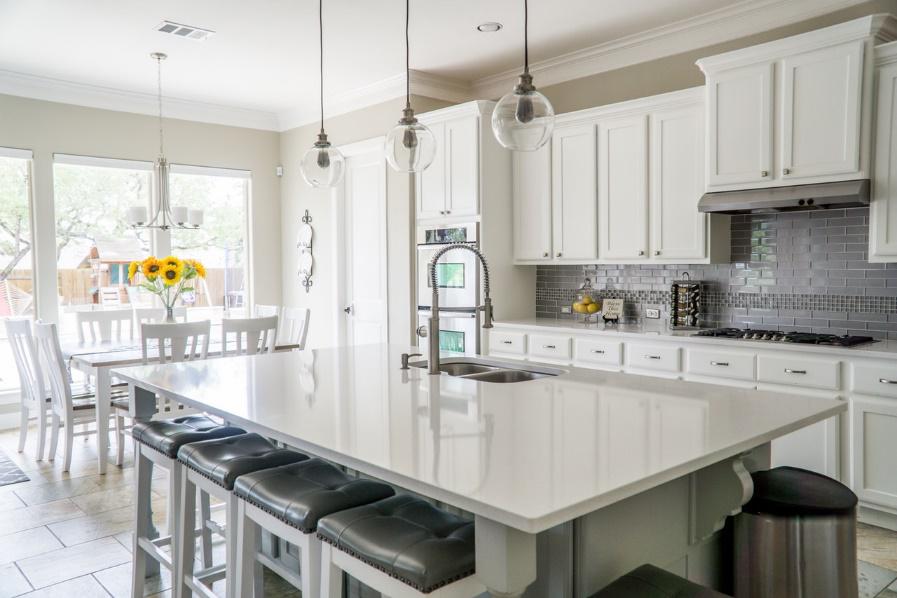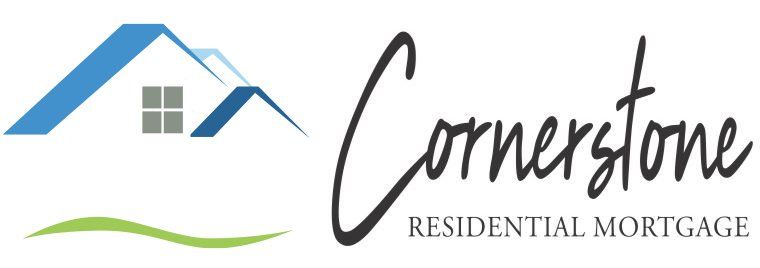What Do You Need to Get a Mortgage?
- By Admin
- •
- 08 Feb, 2019

Are you buying a home for the first time? You need a mortgage - at the best interest rate possible. A good mortgage rate requires a good candidate. Take a look at what you need to know about improving your chances and getting the mortgage you know you deserve.
Improve Your Credit Score
Your credit rating will determine whether you qualify for a home loan and what the mortgage rate is. The better your credit score, the more likely you are to get a mortgage at a desirable rate.
Improve a low credit score by:
Paying on time. Missed or late payments can lower your score.
Having long-term credit. It takes time to build good credit. Opening your first credit card a month before you try to get a mortgage loan doesn't give you enough time to build a history.
Improving your debt-to-income ratio. The credit agencies look at how much open credit you have versus how much you've used. If your cards are maxed out, start paying them down.
Holding off on new accounts. A steady stream of credit inquiries for new cards may count against you.
If you're not sure what your credit score is, you can get a copy of your report for free. You're entitled by law to a free report from each of the three primary credit reporting agencies once a year. These agencies are Equifax, Experian, and TransUnion.
Have a Long-Term Job
Like your credit, lenders like to see a long history of employment. This means one steady job and not several in a row. Employment equals income. A consistent income provides you with the ability to re-pay your mortgage. A lender won't look favorably on someone who may not have an income down the road.
Freelancing and similar types of self-employment won't necessarily count against you. Even though you don't have the same steady employer, you can provide evidence that you work consistently. Documenting your ability to earn often requires submitting your annual tax returns as part of the mortgage application process.
Save for a Down Payment
A sizable down payment affects the amount you'll need to borrow. The larger your down payment, the lower your monthly mortgage is. How much money should you save? Many homebuyers choose to pay 20 percent of the cost upfront. But that doesn't mean you can't pay more. A higher amount may result in a lower interest rate, saving you money.
Choosing a down payment that's less than 20 percent may make you less desirable to lenders. Borrowers who can't pay this amount will need to purchase mortgage insurance. Mortgage insurance does exactly what the name implies - it insures the mortgage. This insurance protects the lender in case you can't afford to repay your loan.
If saving for your down payment seems challenging, know you aren't alone. According to the National Association of Realtors, nearly one-quarter of home buyers ages 37 and under found this part of the process most difficult. Taking extra time to build up your savings is a strategic step that can reduce your overall mortgage costs.
Do Your Research
While you aren't likely to find wild variation among mortgage rates, different lenders often offer slightly different percentages. Something that seems like an insignificant difference in percentage may end up saving you thousands of dollars over the course of a 30-year mortgage (provided that you don't refinance). Researching lenders and their rates may get you a better price.
Prepare Your Documents
Gathering everything you'll need to apply for a mortgage beforehand can save you time and aggravation - especially if you're exploring several different lenders. Ask the lender what documentation they require. It's likely you'll need your tax returns (or a signed Form 4506-T - the lender will use this to request a copy of your tax returns), as well as pay stubs, W2s, 1099s, and bank statements.
Are you ready to apply for your first mortgage? Contact Cornerstone Residential Mortgage for more information.



